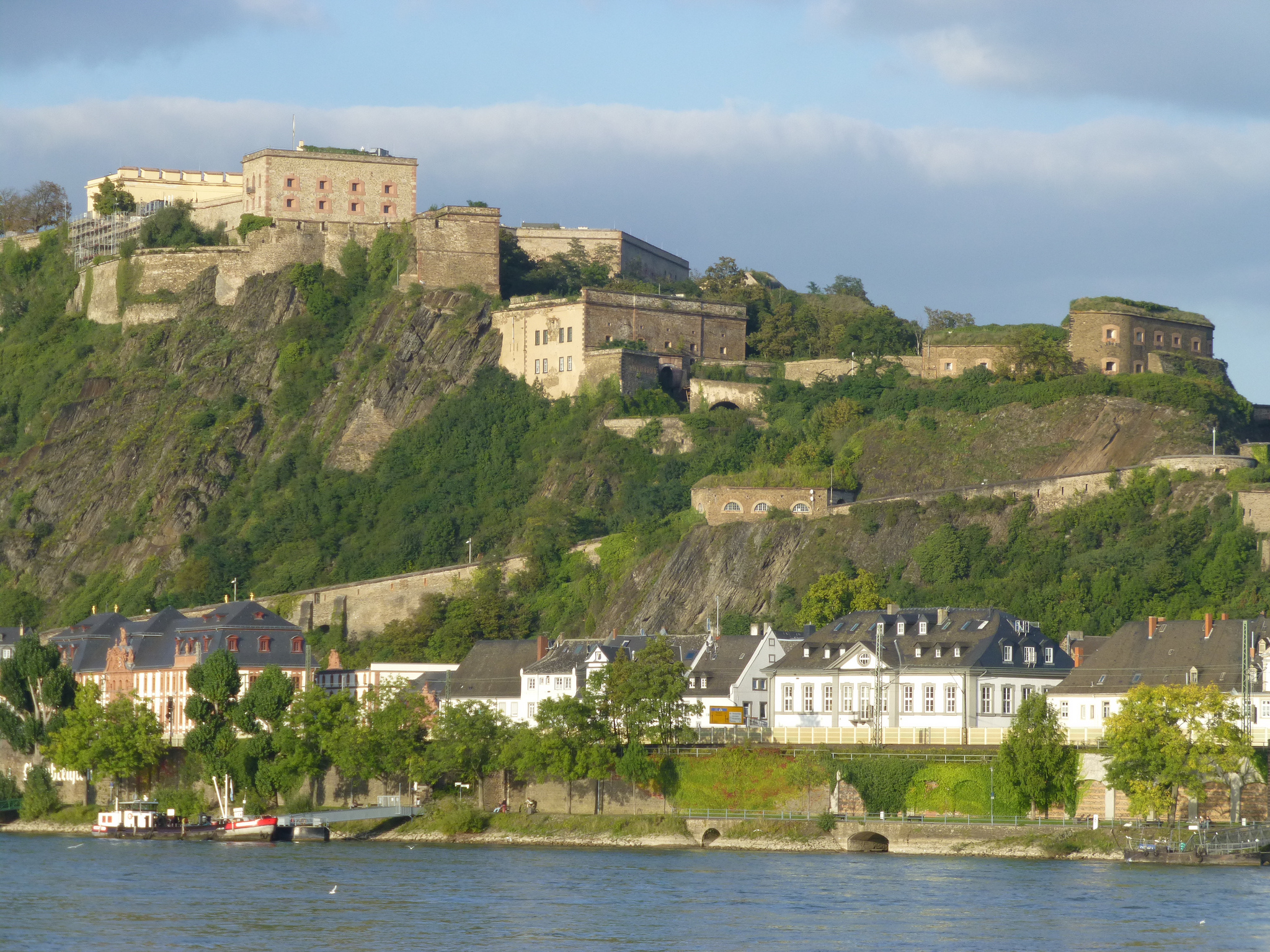Europa Nostra welcomes UNESCO’s decision on dismantling cable car in Koblenz by 2026
UNESCO World Heritage Committee, who assembled in Cambodia from 16-27 June, has decided that the cable car crossing the classified area of the Rhine Valley in Koblenz, Germany, has to be dismantled by 30 June 2026. Europa Nostra welcomes UNESCO’s decision, while calling for all parties involved to find a heritage-friendly solution to access the fortress Ehrenbreitstein.
The 65km-stretch of the Upper Middle Rhine Valley, with its castles, historic towns and vineyards, graphically illustrates the long history of human involvement with a dramatic and varied natural landscape and is one of the most romantic river landscapes in Europe. It was inscribed on UNESCO World Heritage List in 2002.
For the 2011 National Garden Show, a cable car system was constructed over the Rhine River connecting the town of Koblenz with the fortress Ehrenbreitstein. The cable car, however, harms the landscape’s authenticity and integrity. An exception was then made which allowed the cable car to remain in operation for the duration of the Garden Show and that the dismantling would take place within the agreed deadlines starting in autumn 2013.
In the meantime, the local population and the Middle Rhine region were reluctant to dismantle the cable car due to its attraction thus taking the risk of loosing the World Heritage Status for the Upper Middle Rhine Valley. Following an article by the editor of the German daily newspaper Rhein-Zeitung arguing against UNESCO, the answer of Europa Nostra’s Vice-President Alexander Fürst zu Sayn-Wittgenstein-Sayn was published in the Rhein-Zeitung on 12 June and received wide support.
In his answer to the editor, Fürst zu Sayn-Wittgenstein-Sayn says that “the location of the cable car station right next to St. Kastor, the historically most important building in Koblenz, was inadequately chosen and had a negative visual impact on the historic landscape of the Rhine shore”. He then urged all parties involved to look together with UNESCO for other possibilities to access the fortress while at the same time preserving the cultural value of the site and its World Heritage Status.







